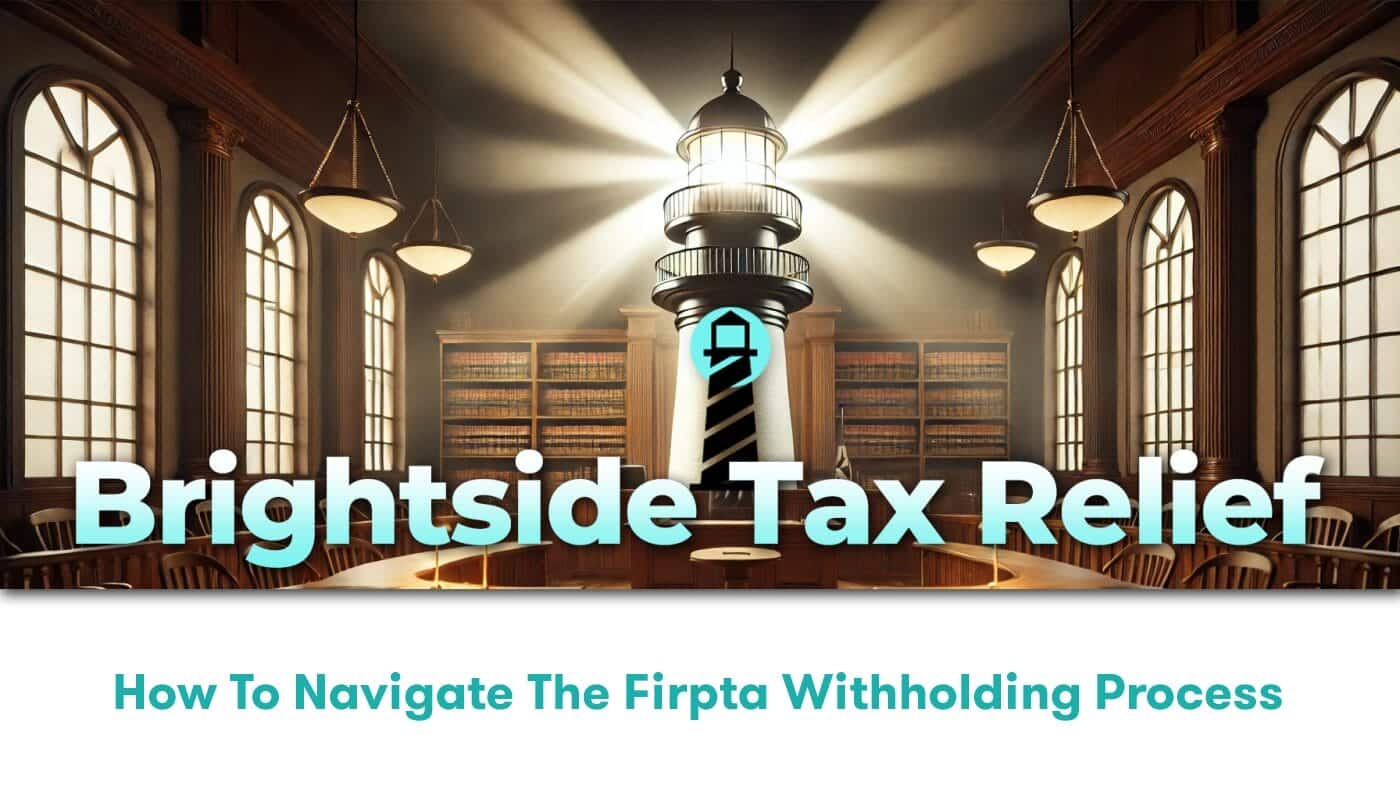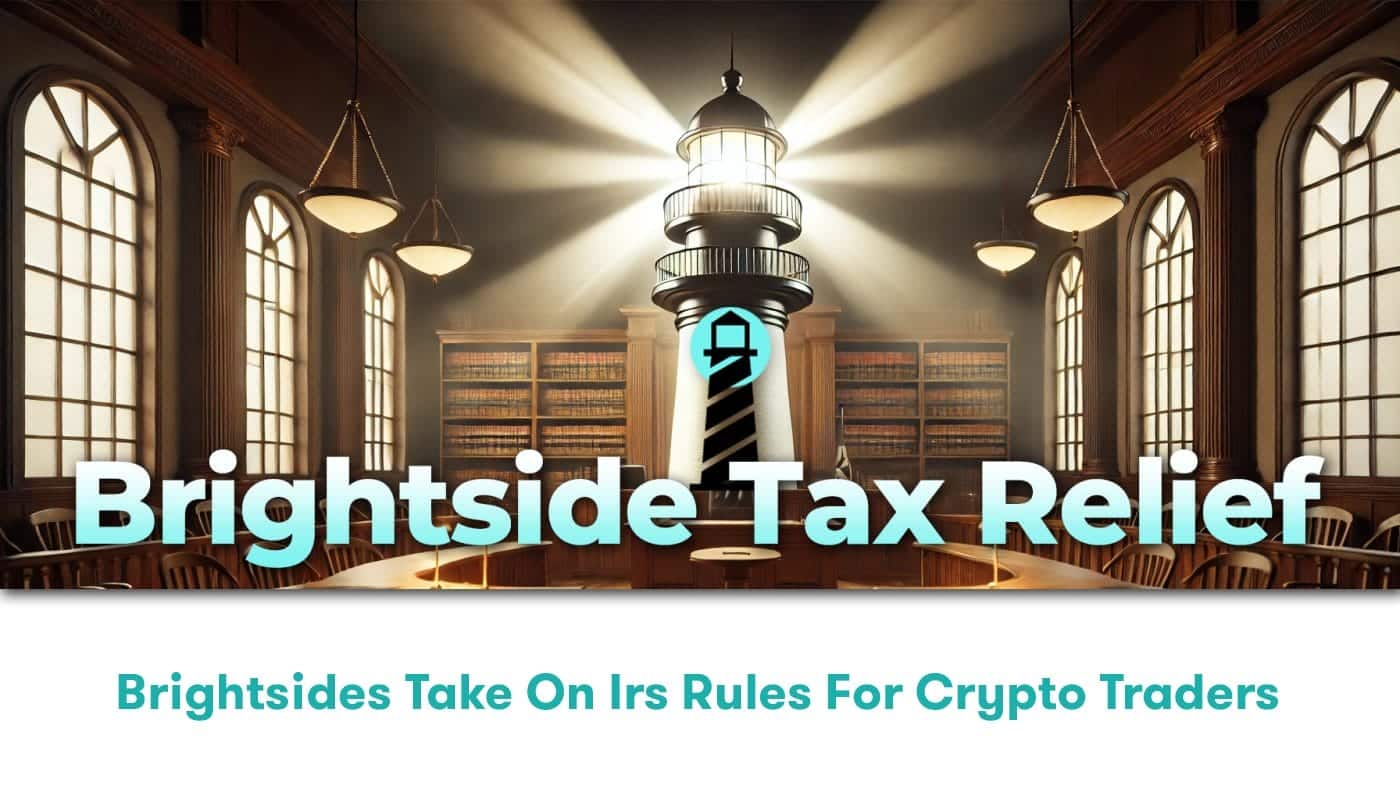Understanding the Basics of Young Professional Tax Debt
As a young professional making your mark in the workforce, taxes can be a daunting terrain to navigate. Understandably, the acronym ‘IRS’ may inspire trepidation, especially if you’re managing tax debt. This article seeks to shed light on the subject of handling tax debt as a young professional, providing insightful advice that can steer you towards brighter financial health.
Understanding tax obligations is the first step in this journey. As a young professional, you grapple with a variety of obligations, including income tax, property tax, sales tax, and in some cases, business tax. Not meeting these obligations may result in tax debt, which can spiral out of control if not addressed promptly.
Evaluating the Ramifications of Tax Debt
The impacts of tax debt on your financial status are multifaceted. Apart from the accrued interest and penalties, tax debts can limit your ability to secure loans, damage your credit score, and even result in wage garnishment or tax liens. It’s critical to adopt proactive strategies to deal with tax debts before these consequences set in.
Preliminary Steps in Handling Your Tax Debt
Dealing with Young Professional Tax Debt should be systematic and progressive. Here are some initial steps to take:
– Obtain a copy of your tax record: This will provide an accurate picture of your tax situation, including the total amount owed and any penalties.
– Review your financial status: Determine the amount of money you can pay without causing financial strain.
– Engage a tax professional: Experts at Brightside Tax Relief have a deep understanding of tax codes and can provide guidance on available options.
Developing a Framework for Tax Debt Management
To manage your Young Professional Tax Debt effectively, a structured plan is essential. This should include:
– Regular payments: Though it might seem elementary, making regular payments towards your tax debt can gradually reduce the debt and prevent further accumulation of interest and penalties.
– Set up an instalment agreement: The IRS allows taxpayers to pay their taxes in instalments. Depending on the size of your tax debt, you can set up a short-term or long-term instalment agreement.
– Seek a compromise: If paying your tax debt will result in significant financial hardship, the IRS may accept a lesser amount under an Offer in Compromise.
– Request penalty abatement: The IRS may reduce or eliminate penalties and interest in some cases, particularly if you can show reasonable cause for not meeting your tax obligations.
Feasible Strategies for Avoiding Future Tax Debt
Establishing preventive measures is an integral component of your tax management strategy. Some ways to avoid future tax debt include:
– Accurate tax filing: Ensure accuracy when filing your tax returns to avoid discrepancies that can accrue interest and fines.
– Set aside tax money: If you’re self-employed or a business owner, make a habit of setting aside a percentage of your income for tax purposes.
– Regular consultations with a tax professional: Brightside Tax Relief can aid in pre-emptive tax planning and help ensure that you stay tax compliant.
The Final Say
Paying taxes is a civic duty that every citizen must fulfil. As a young professional, managing tax debt can be overwhelming. However, an informed approach, coupled with professional advice from Brightside Tax Relief, can set you on a path of sound financial management and tax compliance. Handling tax debt need not be a shadow in your professional life, but instead a stepping stone to financial freedom and success. Through strategic planning, regular review, and proactive steps, you can transform your tax obligations from a daunting encounter into a manageable aspect of your life.
Remember, a journey of a thousand miles begins with a single step. Start your journey to overcoming Young Professional Tax Debt today.






